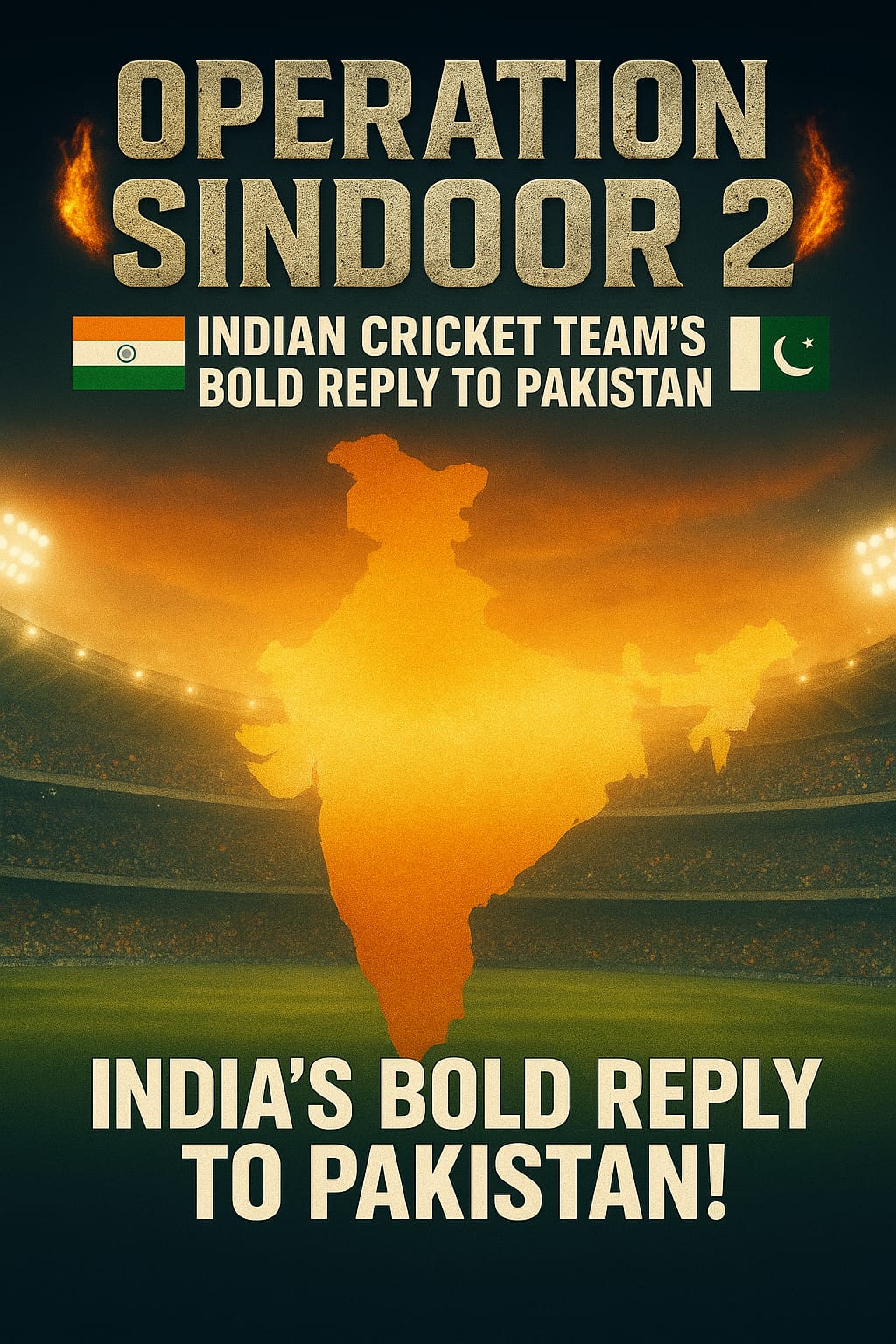
The shadow of violence often lingers over India-Pakistan cricket matches. This time, it was the Pahalgam attack that cast its weight on the Asia Cup clash. Calls to boycott the match filled public spaces, with many demanding that India should not share the field with Pakistan. Yet the game went ahead, and what unfolded was a contest that offered more than cricketing entertainment. India secured a commanding win by seven wickets in just 15.5 overs, and the match became layered with meanings that stretched far beyond the scoreboard.
For many Indians, this victory was not just another result in the Asia Cup. It was tied to the government’s claim that Operation Sindoor, a counter-response to the Pahalgam incident, is still very much alive. By choosing to play and by winning so comfortably, the Indian team appeared to carry forward the spirit of resilience, a message that the country will not back down on any front, sporting or strategic.
Boycott was the strongest sentiment before the match. Critics argued that facing Pakistan in cricket normalises relations at a time when terrorism continues to haunt India. Yet refusing to play would have given Pakistan an advantage in the realm of perception. It would have allowed them to argue that India was rattled, that public anger forced withdrawal, and that cricket was used as a political weapon. Instead, India took the field, turned the pressure into performance, and left with an emphatic win.
The symbolism did not stop there. In a small but telling moment, Indian captain Suryakumar Yadav chose not to shake hands with his Pakistani counterpart during the tournament. This gesture was subtle but powerful. It showed that while cricket is a gentleman’s game, gestures of courtesy do not come easily when blood has been shed. For supporters, this refusal kept the memory of Pahalgam alive on the field and ensured that sport did not override the gravity of the attack.
This victory, therefore, carried twin meanings. On one hand, it was a sporting triumph, achieved with skill and composure. On the other, it was a statement, a quiet continuation of Operation Sindoor in the public imagination. Social media was quick to brand it “Operation 2,” a symbolic extension of India’s firm reply to Pakistan. In this reading, every boundary and every wicket became part of a larger narrative, one where India asserts itself with both discipline and dignity.
There is also a lesson here in how nations communicate power. Verbal attacks and boycotts can make headlines, but victories on the ground, whether in the battlefield or on the cricket pitch, resonate more deeply. Cricket between India and Pakistan has always been more than a game, carrying the weight of politics, history, and sentiment. By playing and winning, India managed to deliver a message that was sharper than any boycott could have achieved.
The ease of the win added another layer of significance. A chase completed in under sixteen overs left little room for doubt. It was not a narrow escape but a commanding display that left Pakistan on the back foot. For fans, this mirrored the idea of a confident India, secure in its strength, choosing action over avoidance.
At the same time, the match reminded the world of the spirit of sportsmanship, albeit in India’s own terms. The team did not engage in verbal excess or unnecessary aggression. The reply was on the scoreboard, in the way the players handled pressure, and in the calm manner of their celebrations. It was a gentleman’s reply to a neighbour that often seeks attention through provocation.
In the coming weeks, debates over whether India should play Pakistan in future tournaments will continue. But this Asia Cup encounter has set a clear precedent. Avoidance does not silence Pakistan’s rhetoric. Engagement combined with victory provides a stronger reply. By turning a politically charged match into a commanding win, India showed that cricket can be more than entertainment. It can become a tool of national sentiment, a mirror of resilience, and a reminder that the spirit of Pahalgam will not be forgotten.





















